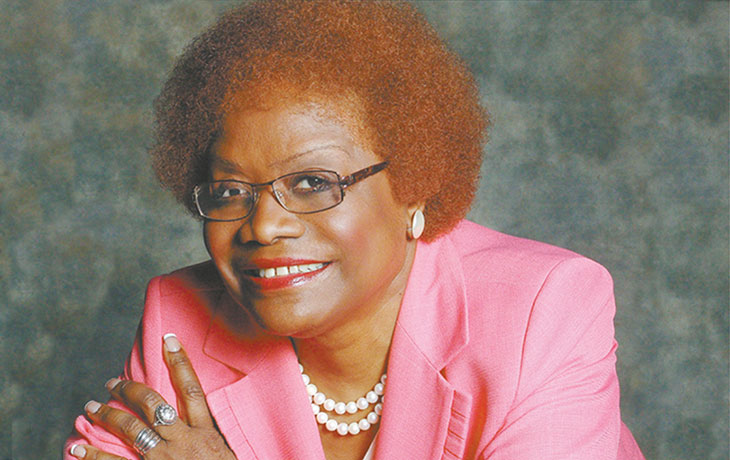This month’s Take Charge of Your Health topic is neighborhoods and health—specifically how geographic location affects the lives of Black residents in the region.
In a city like Pittsburgh, where neighborhoods tend to be based on identities like race and ethnicity, the intersection of health and where we live can be glaring.
The Live Longer: Empowering and Engaging Pittsburgh Communities study, led by University of Pittsburgh’s Noble Maseru, PhD, found that residents in the Highland Park neighborhood had a life expectancy of up to 86 years. Meanwhile, right next door in the predominantly Black Larimer neighborhood, residents’ life expectancy declined to 62 years.
This is important when we look at neighborhood demographics. The website city-data.com lists* 61.1 % of Highland Park residents as white identified and 58.5% of Larimer residents as Black identified. Similarly, in the Homewood-North neighborhood, where 86.6% of residents identify as Black, life expectancy is just shy of 70 years.
This month’s health page researcher, Peter Gianaros, PhD, found links between neighborhoods and stress levels. Systemic oppression—like racism, access to resources and money—affects people and how they live. Dr. Gianaros notes that in lower economic living spaces, as an example, stressors can affect heart and brain health. This connection is critical, as heart disease is the leading cause of death for Black-identified people, according to the Centers for Disease Control and Prevention.
Research like Dr. Gianaros’ can help spark change. The more knowledge we have about an issue, the better we’re able address it. Participating in research means that our experiences are seen, that our stories are told and incorporated into decisions about what and how changes are made.
Taking charge of your health in relationship to your living space might feel hard to do. Maybe we can start at the grassroots level. To me, neighborhoods are not just where we live but are communities built by people. Connect to neighbors and build relationships by attending community meetings to identify assets and barriers to health. Sign up to be a Registered Community Organization with the City of Pittsburgh’s Department of City Planning and gain access to developers’ plans for neighborhoods. We can help prioritize what’s best for residents and the well-being of people already living in our neighborhood.
Get involved in opportunities to advocate for your health and environment through research participation like Dr. Gianaros’ studies such as the Noah Study in Pitt+Me**. Find ways to bring positive and joyful spaces to your neighborhood through community gardening and supporting local and small businesses. If your neighborhood has one, get involved in the community center and bring residents together under one roof.
Other ways to take charge of your health include connecting with us at the Urban League of Greater Pittsburgh to de-stress by reaching educational and financial success goals through our Opportunity Broker program, health programming, family support centers or housing assistance. For more information, call the Urban League of Greater Pittsburgh at 412-227-4802.
Esther L. Bush
President and CEO, Urban League of Greater Pittsburgh
* https://www.city-data.com/nbmaps/neigh-Pittsburgh-Pennsylvania.html#top
** https://pittplusme.org/studyarms/publicdetails?Guid=fa8f99ec-a2fa-4a69-ba44-af9505050af8
